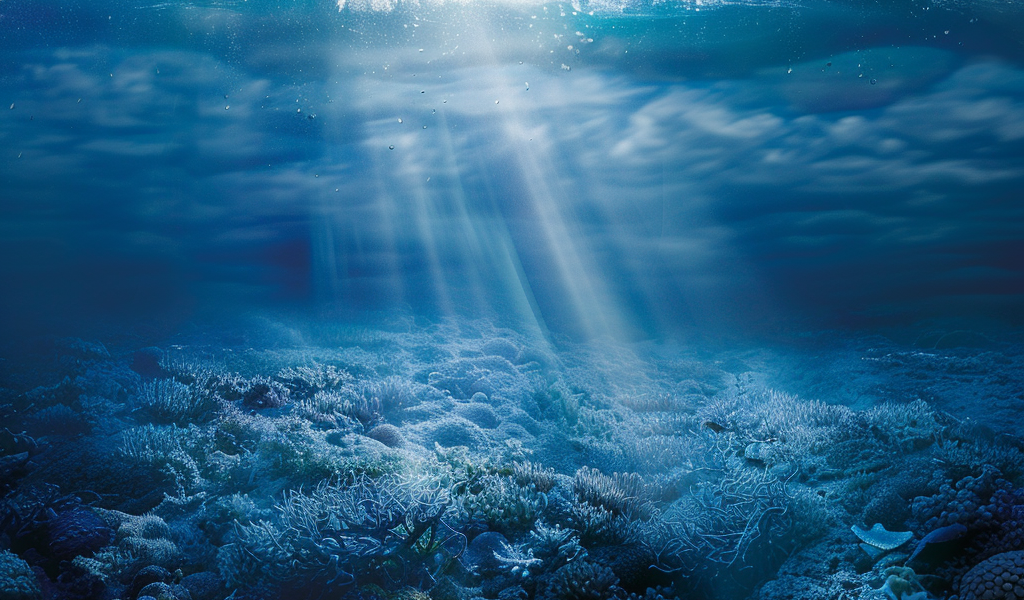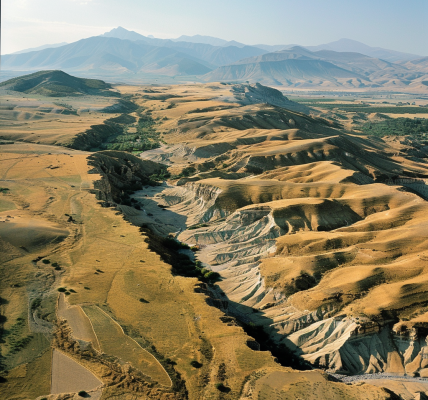Across the vast expanse of the world’s oceans, a diminutive yet vital component of marine life is experiencing significant changes due to climate change: plankton. These microscopic organisms form the foundation of the oceanic food web and are crucial for sustaining fish populations that billions of people rely on for sustenance. Moreover, plankton play a pivotal role in our planet’s oxygen production and carbon sequestration, making them essential for maintaining ecological balance.
As global temperatures rise and ocean acidity increases, the future of plankton is becoming increasingly uncertain. Scientists are observing shifts in plankton populations, with some species declining while others adapt to new environmental conditions. David Hutchins, a marine microbiologist from the University of Southern California, emphasizes the gravity of the situation, stating, “We’re headed into an ocean and, for that matter, a world that we’re not going to recognize because it’s changing so fundamentally.” This sentiment reflects the broader implications of climate change on marine ecosystems.
Research indicates that while some studies report a decrease in overall plankton numbers, others suggest an increase in specific ocean basins. Clare Ostle, a marine biogeochemist at the University of Plymouth, notes that the diversity of plankton species is rising in certain areas. However, she warns that larger plankton species, which are crucial for both food webs and carbon storage, are facing significant threats. The long-term outlook for plankton remains concerning, as climate change could lead to nutrient depletion in the oceans, further jeopardizing their survival.
Despite the importance of plankton in marine ecosystems, scientists are grappling with substantial knowledge gaps regarding these organisms. Ostle expresses her surprise at how little is understood about plankton, highlighting the need for more extensive research. Fortunately, advancements in technology are aiding scientists in their quest to understand plankton better. For instance, NASA recently launched the PACE satellite—standing for Plankton, Aerosol, Cloud, ocean Ecosystem—aimed at enhancing our understanding of plankton dynamics from space.
In addition to modern technologies, researchers continue to employ traditional methods, such as manual trawling of the ocean to collect and analyze plankton samples. These efforts are essential for gaining insights into the current state of plankton populations and their responses to changing environmental conditions.
One of the critical aspects of plankton research is understanding how their populations interact with broader ecological systems. Plankton not only serve as a food source for fish but also play a significant role in the ocean’s carbon cycle. By absorbing carbon dioxide during photosynthesis, phytoplankton—one of the two main types of plankton—help mitigate the impacts of climate change. However, as ocean conditions shift, the balance of this carbon cycle could be disrupted, leading to unforeseen consequences for global climate patterns.
Furthermore, the impact of warming oceans is not uniform. Different regions are experiencing varying effects on plankton populations, with some areas seeing a proliferation of certain species while others face declines. This variability poses challenges for predicting the overall health of marine ecosystems and the fish populations that depend on plankton for survival.
As researchers continue to explore the complexities of plankton dynamics, they are also examining the implications for fisheries and global food security. The decline of key plankton species could have cascading effects on fish populations, potentially leading to reduced catches for commercial fisheries and impacting livelihoods worldwide.
In light of these challenges, collaborative efforts among scientists, policymakers, and conservationists are essential to safeguard the future of plankton and the ecosystems they support. Initiatives aimed at reducing carbon emissions and protecting marine habitats will be crucial in mitigating the effects of climate change on these vital organisms.
Ultimately, the fate of plankton is intertwined with the health of our oceans and the planet as a whole. As we continue to grapple with the realities of climate change, understanding and protecting these tiny yet powerful organisms will be paramount for ensuring the sustainability of marine ecosystems and the wellbeing of future generations.





